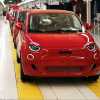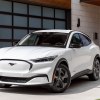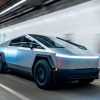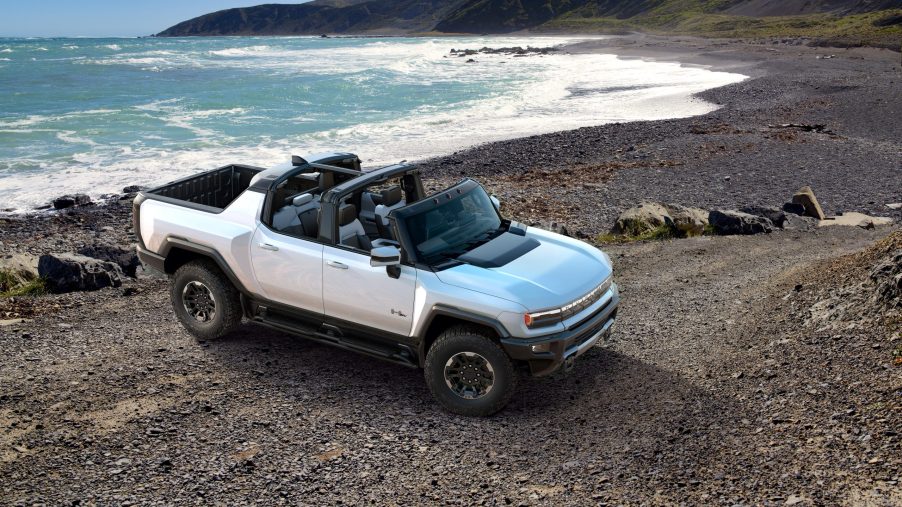
Electric Car Timeline: Which Automakers Have the Best and Worst EV Programs?
Make no mistake, an all-electric future is coming. The cost of ownership with electric cars will be drastically lower, and new government regulations are forcing automakers to go green. But MarketWatch observed that some manufacturers will be selling them quicker than others. The question is, which brands will be first, and how long will it take for everyone to hop on board?
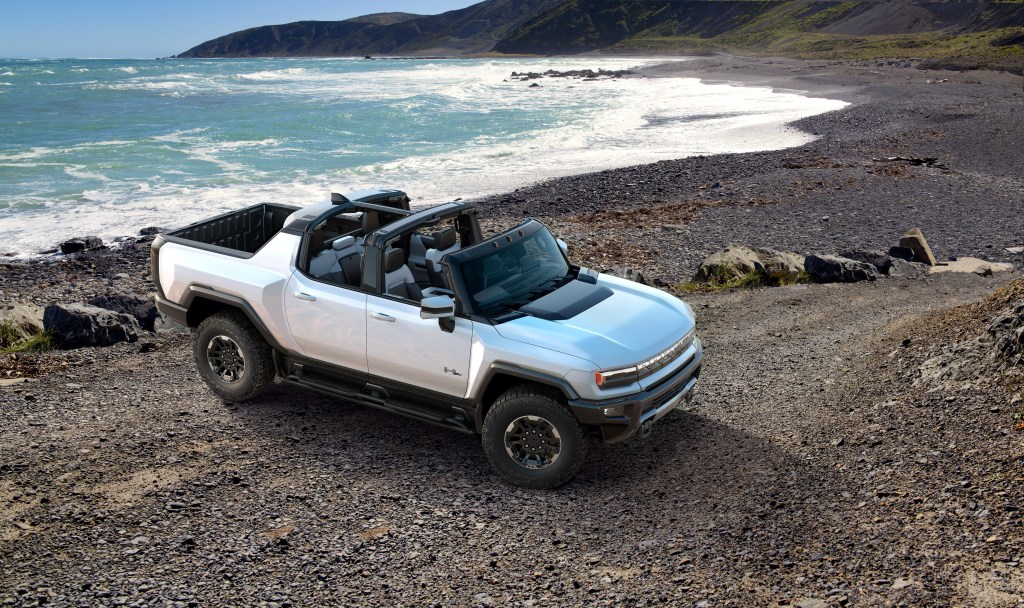
GM is set to sell 100% electric the soonest
GM is already committed to only selling electric cars only by 2035. Other automakers, such as Nissan, say that they’ll be all-electric “in key markets” by 2030, but that isn’t entirely electric. Some cars in their upcoming lineup include the GMC Hummer. They’ve also stated that 30 new EV models will be spread across their brands, which include Chevy, Buick, and Cadillac.
Large chunks of Porsche, Kia/Hyundai, and Audi sales will be electric by 2025
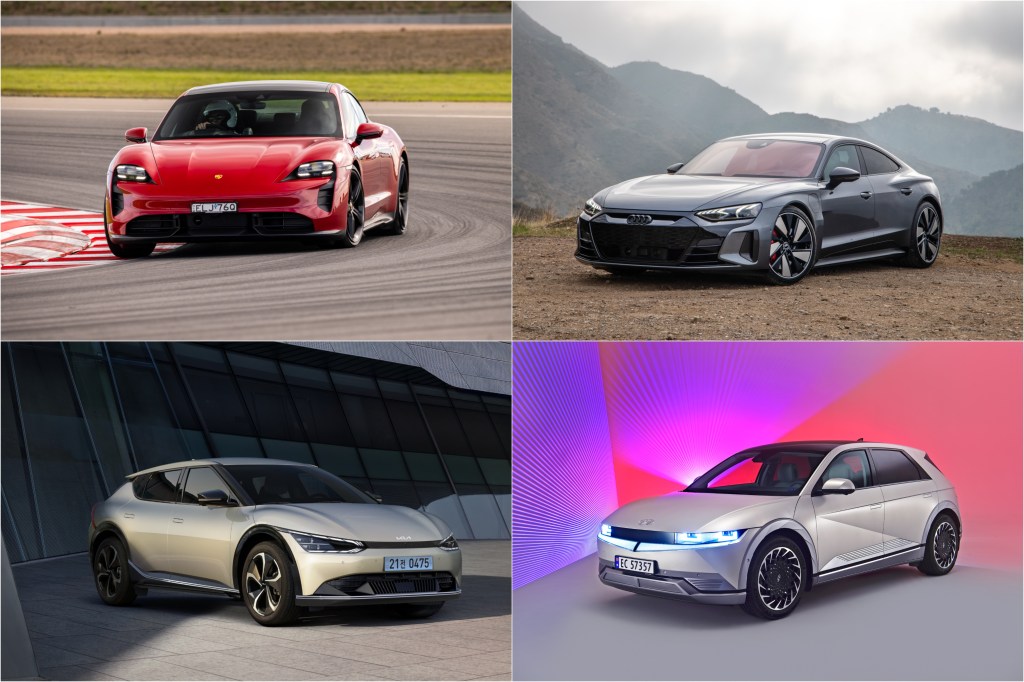
After all the mess of the dieselgate scandals, Porsche and Audi got themselves into major trouble. And now, they’re finding ways to claw back from it. By 2025, Porsche aims to have 50% of sales generated by electric cars, and Audi is aiming for 35%. And at that point, Audi claims buyers will have 20 EVs to choose from, which we assume includes trim levels, as Audi only sells 35 models across the globe right now (according to Cars.com). If that weren’t the case, it’d mean Audi would be selling 57 different cars
However, Audi and Porsche are slightly smaller luxury brands, with Audi selling about 1.7 million cars last year and Porsche selling just 57,000. But Kia and Hyundai combined sell roughly 2.5 million cars per year. So the fact that they’re announcing 40% of sales by 2025 is actually more impressive than Audi and Porsche since they’ll get more of them on the road.
Toyota and Mercedes project high electric car sales in 2030
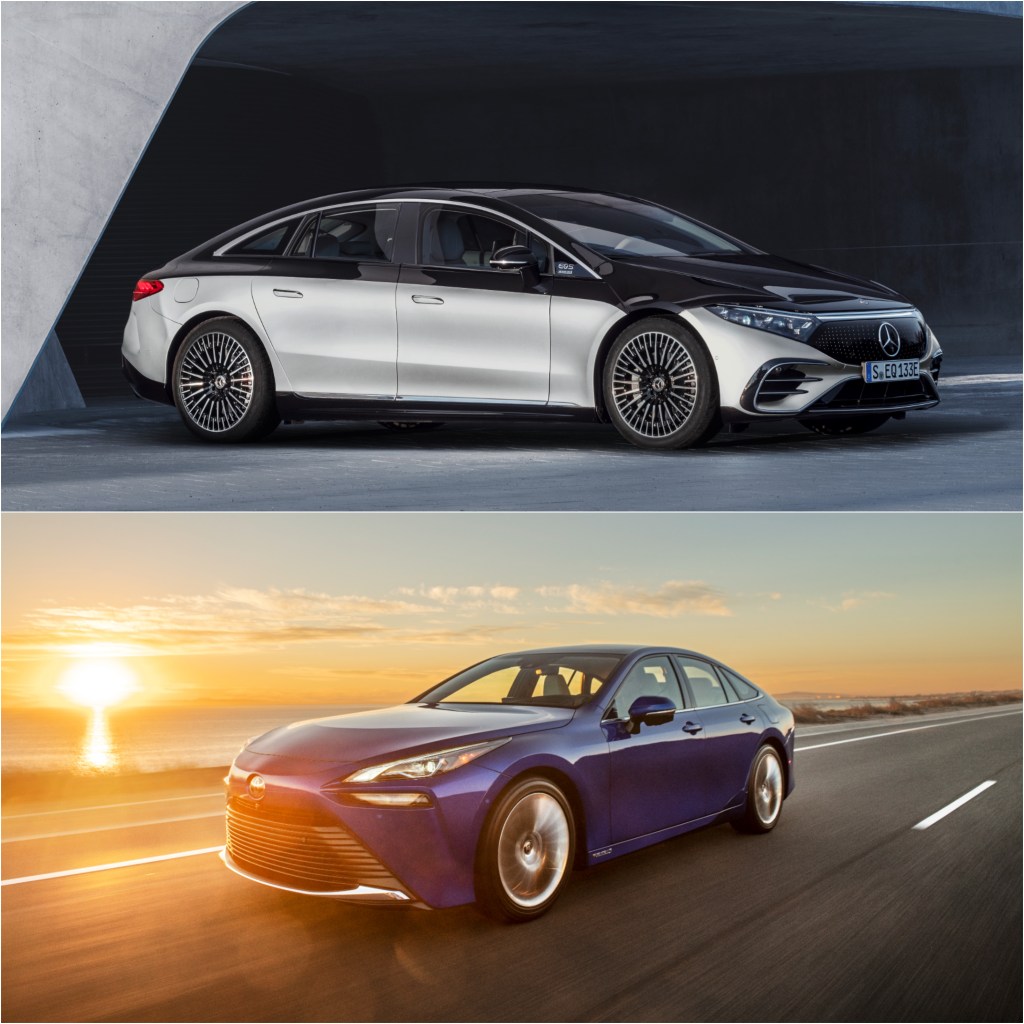
Mercedes has already committed to eliminating new internal combustion engine projects, but that doesn’t exactly mean they’re done making them. All it means is that more engines will be discontinued, and replaced by electric battery architecture. That said, Mercedes aims to have 50% of all sales be electric by 2030, meaning that they’ll still make gas cars, they’ll just have older engines.
Toyota, however, has made questionable decisions when it comes to electric cars. Their plan seems almost nonexistent today, with some questioning if they’re against electric cars. And yet they claim that, by 2030, 70% of sales will be either electric or fuel cell cars. It’s clear the company is more interested in hydrogen power and hybrids rather than BEVs, but they’re still for a zero-emissions future.
Ford, Honda/Acura, and Nissan are all set for 40% sales by 2030
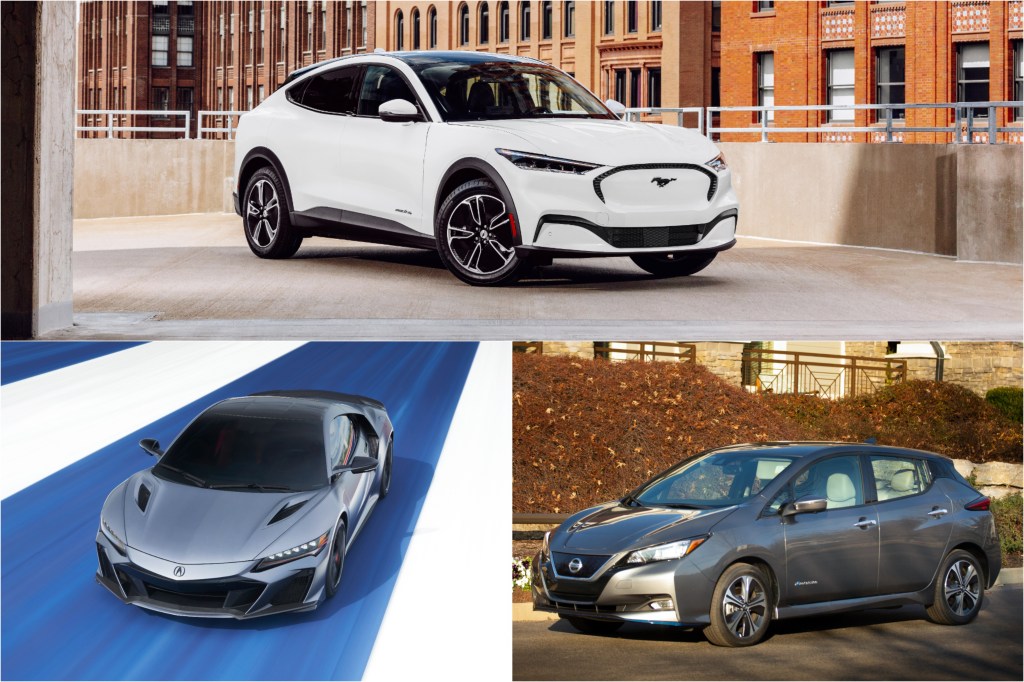
Ford, Honda (and their luxury division Acura), and Nissan are all aiming for 40% of sales to be electric by 2030. That said, Ford selling 40% electric would be more significant than Nissan, as they simply sell more cars. They’ve already introduced the Ford F-150 Lightning and Mustang Mach-E, and plan to add to their lineup each year. Meanwhile, Nissan will be selling 20 BEVs available in China by next year, where electric car technology is miles ahead of the states.
Honda, however, is kind of the outlier in this equation, despite the fact that they’re also hoping to sell 40% EVs by 2030. They just announced the final generation NSX, with only 350 of these hybrid hypercars set to be made. And they’ve revealed the name for their next EV, fittingly dubbed the Prologue, but that’s about it. As of now, Honda’s plan is to use GM’s Ultium battery pack for their next electric cars, building their own e:Architecture to go all-electric sometime around 2040.
Stellantis and Volkswagen will have split electric car sales between the US and Europe
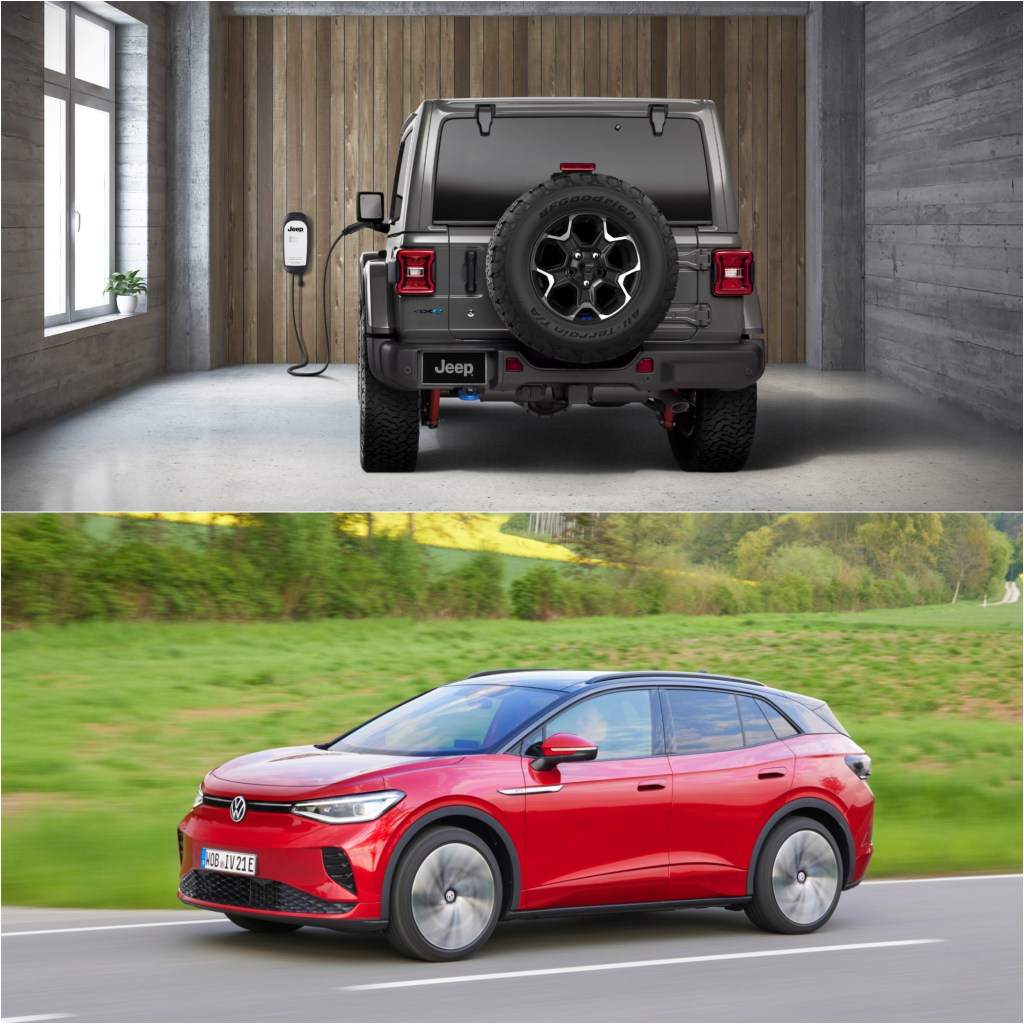
Rather than pick a lane, Stellantis and Volkswagen are splitting electric car sales between America and Europe. What’s more interesting, however, is that in both cases, the companies plan to sell more EVs in Europe than in the states. It makes sense since long road trips are an American tradition. EVs can make those trips with intense route planning, but much of Europe is densely packed cities.
Volkswagen will produce the most electric vehicles, aiming for 50% sold in the USA and 70% over in Europe. Meanwhile, Stellantis, which encompasses Peugeot, Citroen, Fiat, Chrysler, Jeep, Ram, Maserati, Alfa Romeo, and other smaller brands, will only sell 35% electric in the states and 70% in Europe. This is partly because Peugeot and Citroen are European exclusive brands, so it makes sense that the percentage of EVs sold in America will be lower.
BMW, Subaru, and Mazda are trailing behind
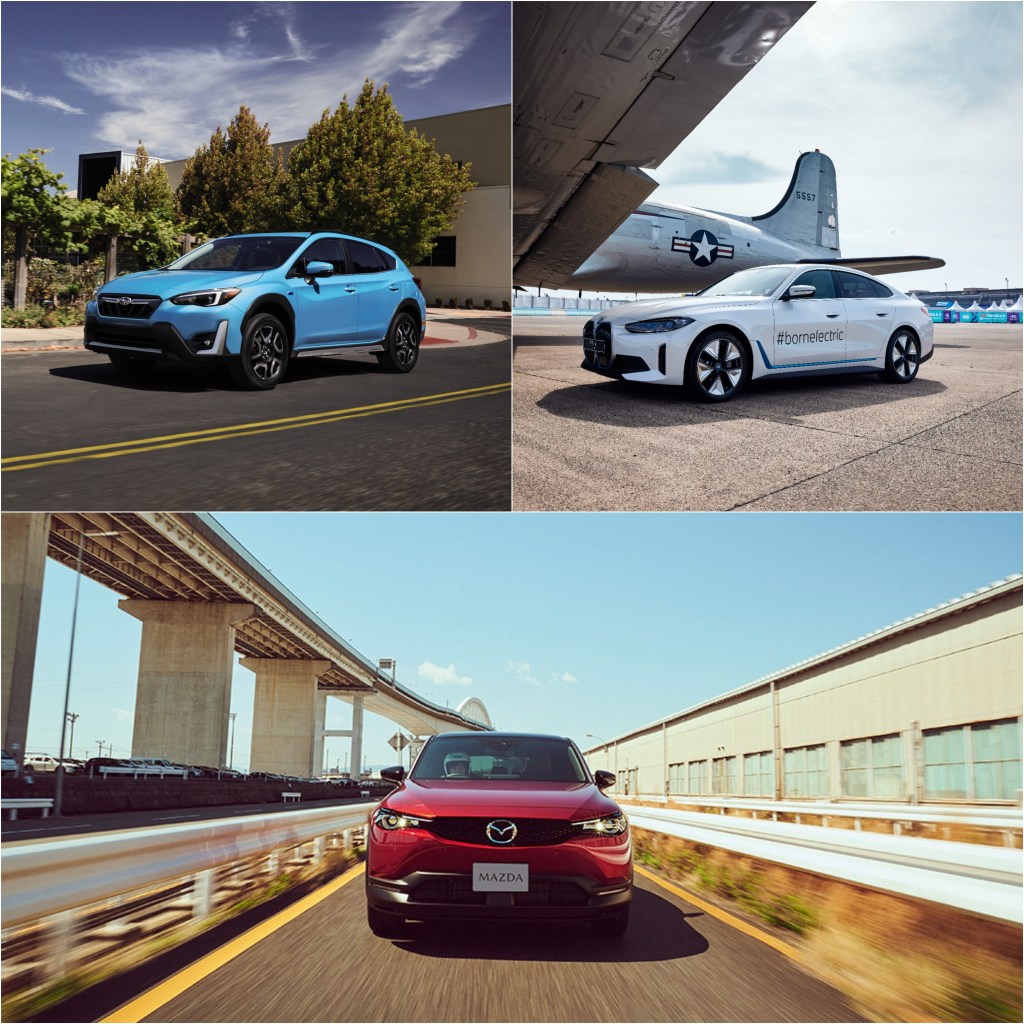
BMW and Subaru tried to pull a fast one to make their EV sales sound a bit better. In the case of BMW, they claim that 25% of their sales by the end of this year will be electric and hybrid. But the keyword is hybrid, which is still an emission spewing car (albeit a cleaner one). And they say that 25% of sales will only be in Europe, with no measurements on how they’re doing in the states.
That said, BMW is taking the MINI brand and shifting it to all-electric sales by 2030. So while it isn’t the BMW nameplate, it’s still a step in the right direction.
Subaru made a similar claim, though they’re after 40% global electric and hybrid sales by 2030. But there’s no telling the proportion of hybrids to electric cars they’ll be making/people will be buying. Some people would give up a gas car for a hybrid, but not an EV, as quick fill-ups and familiar routines are too important to them. It’s clever, but it’s not even close to fully dedicated electric cars.
Then there’s Mazda, with plans for electric car sales to add up to 5% of total sales by 2030. Laughable in comparison to other automakers. And while they did reveal the Mazda MX-30 electric car, that’s all we’ve really seen thus far.
So if you’re one of the millions who think that Electric cars will take over the streets in the next 10 years, think again. EVs are certainly coming, and one day they’ll replace the gas car just as the gas car replaced the horse and buggy, but that day isn’t quite here yet.
